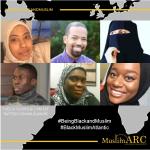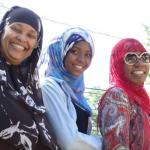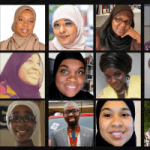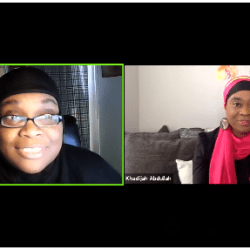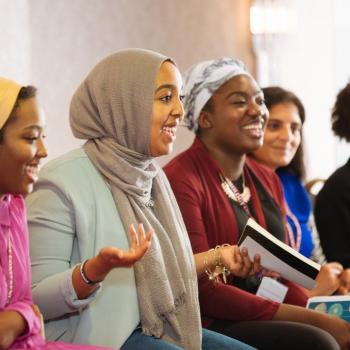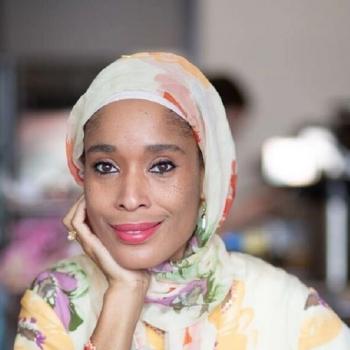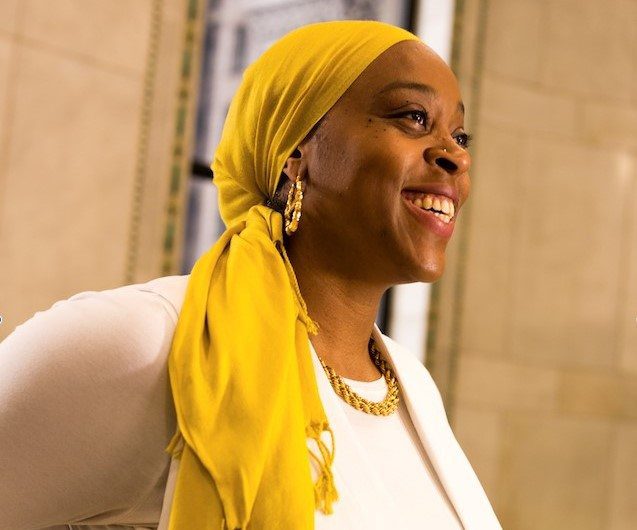
Black Muslims in the US are engaged in a plethora of Black History month endeavors that highlight and honor their heritage.
By NbA Muslims
African American Muslims represent a culture infusing multiple experiences along intersections of faith, race and national identity. As inheritors of a legacy containing a void stemming from the enslavement of their ancestors, preservation is key to preventing further loss.
Twitter Chat
The online Black Muslim resource, Sapelo Square is partnering with Pen America and The M Word to host the #BlackMuslimLegacy twitter chat on 2/22 at 3 pm EST.
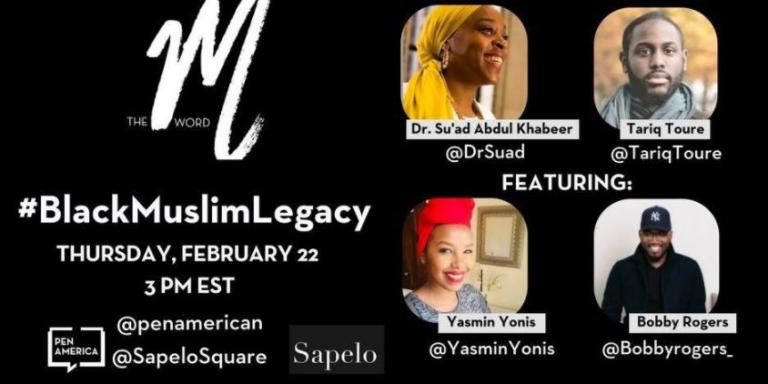
The chat will encourage developing an appreciation for the important placement of African American Muslim culture as an amalgamation of American, Black and Islamic heritage and history.
Preserve the Legacy
Sapelo Square also recently launched Preserve the Legacy, a public history project involving a national tour to capture Black Muslim life for posterity through portraits and interviews. The tour will visit at least ten cities from the east to west coast of the US.
Black Muslim culture contains substantial history of faith and struggle in the United States.
People wishing to support Preserving the Legacy can contribute to the Launch Good campaign to fund the public history project to preserve Black Muslim heritage.
Su’ad Abdul Khabeer
Sapelo founder, Su’ad Abdul Khabeer shared the motivations for Preserving the Legacy and the #BlackMuslimLegacy Twitter Chat with NbA Muslims.
How important is public history to preserving heritage?
The film Black Panther is a good example of this. There is so much excitement and enthusiasm for the film precisely because our public histories, in the US and globally, do not tell Black stories.
Wakanda is a fictional kingdom with fictional Black pride, power, swag and intellect. While Black people have and had real versions of that– kingdoms, power, swag and so on–those REAL stories remain unknown.
Thus, part of what makes the movie Black Panther so monumental is because it operates in this absence. Projects like Preserve the Legacy fill this absence with stories of people who actually lived and walked on this earth, not only in our imaginations.
How expansive do you anticipate the project and resulting archive being?
To be honest, the sky is the limit. While we projected visiting a few cities to capture photos and stories, we have already gotten a number of requests from folks petitioning for us to visit their hometowns.
We envision creating public exhibitions, both offline and online, as well as printed materials. We received numerous requests for collaboration from museums and other institutions so our reach will be national and global.
Ultimately, we aspire for the project to do what Sapelo Square does and what Black Muslims do: educate to inspire for transformation.
Why is Black Muslim culture and history important in American society?
African-descendant Muslims in the US are situated at the intersection of the African diaspora, the United States, and the global Muslim community, which makes us positioned to make critical and unique contributions to the most important conversations of our time: culture and identity, war and imperialism, faith and belonging.
This is a community that has historically been at the forefront championing the principles of freedom, justice, and equality. With the passing of a generation of pioneers and the trenchant racism and inequality that marks this current moment, telling Black Muslim stories has become even more urgent.
These stories are powerful for the histories they hold, the life lessons they provide, and the futures they will inspire.

